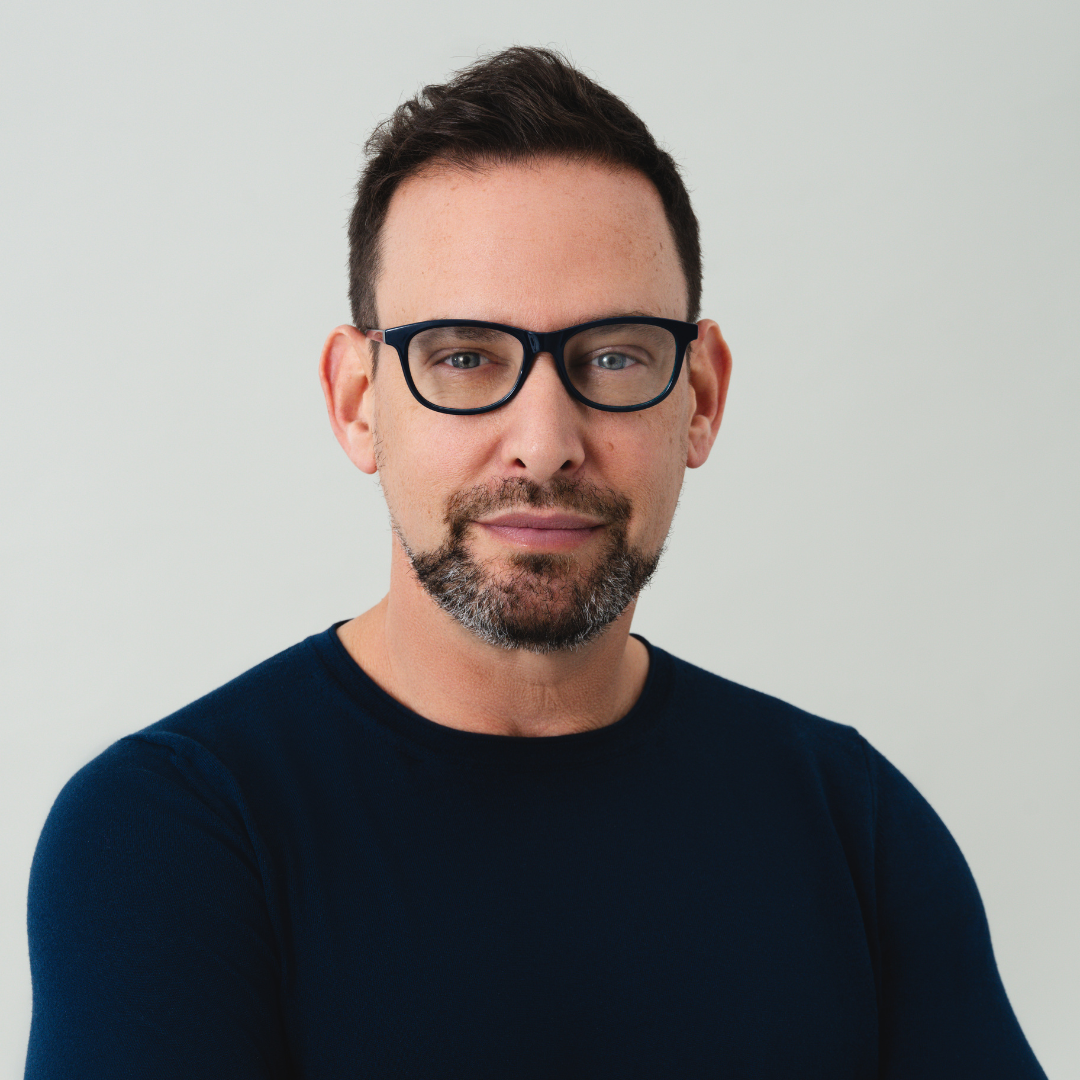Masculinity isn’t something that needs to be fixed!
Yet the need to redefine it feels more urgent than ever. Growing up as a third-culture kid—born in Israel, raised under Kenyan skies, and eventually unpacking my suitcase here in America—I learned to slip between worlds like a seasoned chameleon. Each country had its own secret handshake, its unique melody of what it meant to be a man. In Israel, masculinity was sturdy, simple, carved from stone - strength tempered by irreverent humor and fierce loyalty. In Kenya, masculinity was quieter - filled with, dignity, and community bonds, but also pent up and frustrated. Then, suddenly, America: a confusing collision of ambition and vulnerability, tough but open-hearted, a dizzying dance without clear choreography.
As a film producer and screenwriter, storytelling was my native language—characters I’ve created often struggle with who they’re supposed to be versus who they actually are. The dramas of fiction are reality amplified but in real life men everywhere are trapped in this tension, desperately balancing the expectations to be both iron and velvet—unbreakable yet gentle. And nobody seems to have handed us the instruction manual.
In my therapy practice, I frequently encounter young men deeply uncertain about their roles—particularly in intimate relationships, domestic environments, and even as fathers. Without clear guidance on how much masculinity or strength is acceptable, many default to shrinking themselves, editing their natural impulses and personalities into something smaller, less threatening. This erasure, an attempt at safety, ironically breeds frustration, resentment, and an unhealthy buildup of unmet needs. These men become quietly non-confrontational, self-sacrificing, and too accommodating, causing internal distress and disrupting the emotional equilibrium of relationships and communities alike.
I’ve seen countless men walking around carrying invisible baggage—attachment wounds left by distant fathers or emotionally unavailable role models. These injuries lurk behind bravado, anger, numbness, or even excessive politeness, begging for recognition. We’re trained as men to become a “safe harbor” for others, but we rarely find our own safe place to drop anchor. Especially with other men.
A male therapist isn’t just another professional nodding sympathetically. He can be a Sherpa, guiding you through tricky emotional terrains with the sturdy hand of someone who’s walked that path. He creates permission: permission to be vulnerable, permission to explore hidden emotions, permission to find strength without losing tenderness. There’s a distinct magic when one man quietly says to another: “You’re good. You’re safe here.”
But stepping beyond therapy, the spaces where men once gathered to connect, talk, or simply be themselves seem increasingly elusive—like watering holes in a desert, evaporating fast. Social media gives us thousands of friends but rarely real connections. So, where can we go to truly meet each other, to truly be seen?
Here are a few practical suggestions for men ready to find real connections:
1. Join a Men’s Group: Find structured, professionally guided groups that offer authentic dialogue, like local therapeutic circles.
2. Seek Male-Friendly Therapists: Find a therapist who specifically understands male psychology, attachment issues, and modern masculinity. Ask explicitly about their experience working with men’s issues.
3. Prioritize Friendships: Schedule consistent time with male friends. Intentionally move beyond surface-level topics, gradually sharing deeper experiences and feelings.
4. Practice Vulnerability: Challenge yourself regularly to express your true feelings, even when it’s uncomfortable. Courage isn’t the absence of fear; it’s stepping into it openly.
Perhaps the sweet spot of modern masculinity isn’t an exact location at all—maybe it’s a continual balancing act, a graceful juggling of toughness and tenderness, grit and empathy. Masculinity isn’t something that needs to be fixed! We don’t have to discard what we learned about being men. Instead, Instead, let’s refine, reclaim, and reshape it into something that makes us feel truly alive and connected.


